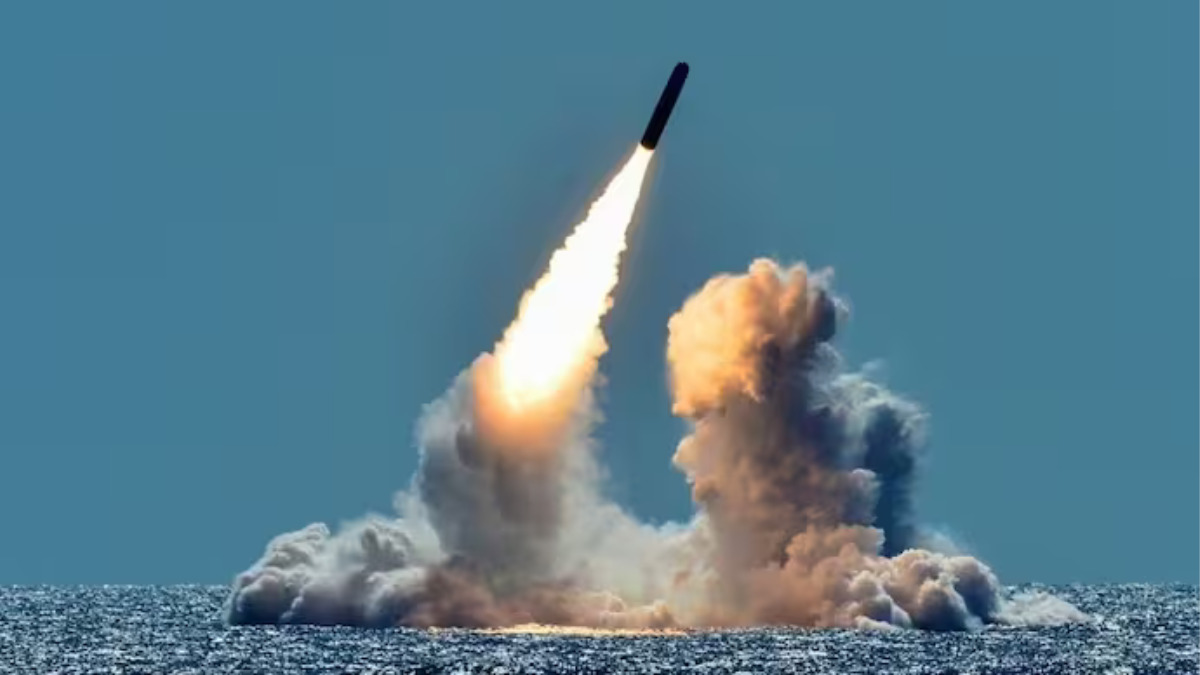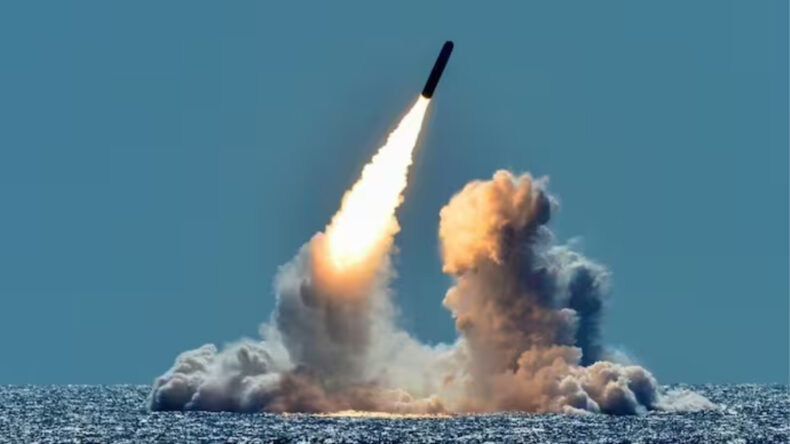According to the State Department, the United States recently organized a meeting in Cairo with working-level experts from China, France, Russia, and the United Kingdom. The purpose of the meeting was to discuss various nuclear weapons issues, including strategic risk reduction. White House national security spokesperson John Kirby stated that these talks were part of an ongoing and routine dialogue.

The meeting, held on June 13-14, involved experts from the foreign affairs and defense ministries of the five nuclear weapons states. The topics covered during the discussions included strategic risk reduction, nuclear doctrines, and policy. The State Department described this meeting as an ongoing exchange within the context of the Nuclear Non-Proliferation Treaty (NPT).
The NPT, which came into effect in 1970, is aimed at preventing the proliferation of nuclear weapons and ensuring the right of member states to pursue nuclear energy for peaceful purposes. Under the treaty, the five nuclear weapons states, also known as the permanent members of the United Nations Security Council, are permitted to maintain their nuclear arsenals.
In addition to the recent meeting in Cairo, expert representatives from these countries previously gathered in Dubai in February as part of the NPT dialogue, which is currently chaired by the United States. The State Department spokesperson acknowledged the professionalism and usefulness of both multilateral conversations but did not address whether any bilateral talks occurred.
The US and Nuclear Non-Proliferation Treaty (NPT)
The United States plays a significant role in the Nuclear Non-Proliferation Treaty (NPT), a vital international agreement. As one of the treaty’s key signatories, the US actively promotes its objectives of non-proliferation, disarmament, and the peaceful use of nuclear energy.
It is an international treaty that was established in 1970 with the goal of preventing the spread of nuclear weapons and promoting disarmament. The treaty aims to prevent the proliferation of nuclear weapons by encouraging countries to refrain from acquiring them. Non-nuclear weapon states commit to not developing or acquiring nuclear weapons, while nuclear-armed states commit to pursuing disarmament negotiations in good faith.
The NPT calls for nuclear-armed states to work towards disarmament and the eventual elimination of their nuclear arsenals. However, progress in this area has been limited. he treaty recognizes the right of member states to access and develop nuclear energy for peaceful purposes, such as generating electricity or conducting scientific research. At the same time, it places safeguards and monitoring mechanisms to ensure that nuclear materials and technologies are not diverted for military purposes.
The NPT is considered a cornerstone of the global nuclear non-proliferation regime and has been widely ratified, with 191 states party to the treaty as of September 2021. It also established the International Atomic Energy Agency (IAEA) to monitor and verify compliance with the treaty’s provisions.
One of the key aspects of the NPT is its establishment of the International Atomic Energy Agency (IAEA). The IAEA serves as the main international organization responsible for monitoring and verifying compliance with the provisions of the NPT. It plays a crucial role in conducting inspections, verifying the peaceful use of nuclear energy, and ensuring that nuclear materials are not diverted for military purposes.
The NPT’s emphasis on disarmament, non-proliferation, and the peaceful use of nuclear energy has significantly shaped global efforts to maintain international security. While challenges and debates persist, the NPT remains a vital framework for international cooperation and dialogue in the realm of nuclear weapons and energy.













